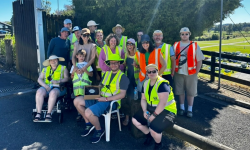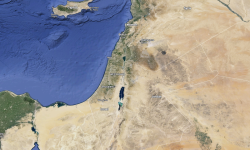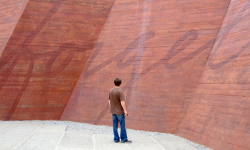
The current economic climate presents churches, particularly those with active community trusts, with amazing opportunities to speak into the social concerns facing New Zealand today. I’ve singled out three issues Christian groups can positively impact.
Housing
With over 20,000 families currently in desperate need of housing, state housing is vital, but it’s not enough. Only through strategic community housing programmes can we end homelessness. That means we need to continue to grow the community housing sector within which many churches already play a part.
Such programmes provide a number of positives. First, they bring new stock into the housing market. Second, with income-related rents, whereby people pay a maximum of 25% of their income on accommodation, suitable housing becomes more affordable for whānau. Finally, tenants are integrated into a support structure which journeys alongside them to maximise the potential of a sustained tenancy.
Food
COVID-19 highlighted the precarious nature of the personal finances of many New Zealanders. COVID lockdown saw significant increases in the number of people accessing food banks. While that lockdown demand has decreased, food parcel requests remain significantly higher than this time last year.
The issue of hungry families is not a new one, but it is hitting a new demographic. Lost jobs and lower incomes mean people now find themselves in the unenviable position of having to access a benefit or social supports through a system they are totally unfamiliar with. Many food banks report that people who once donated generously to them are now coming to request food.
Training and employment
A traditional skills-based education is crucial, but not enough for many; people need mentoring and training that will lead to employment.
Supporting an individual into employment is about walking alongside them as they prepare their CV and job application, go through the interview process and move into that role. It includes helping the participant learn aspects of employment that many of us take for granted, such as turning up to work on time, or how to relate to the boss and others at work.
Looking ahead
Faith-based individuals and organisations have a responsibility to walk alongside and journey with vulnerable people. This means that while it’s the government’s role to ensure people have housing, food and employment, our role is to draw alongside and walk closely with whānau, ensuring they are able to access the support that is available to them.
The unavoidable challenge for churches and Christians throughout New Zealand is to ask the simple question, “Who needs my help?” and then do something tangible to answer that need. That could be as simple as donating money, food or time. The important thing is that we do something.
Contributor: Lisa Woolley
Lisa is the CEO of Visionwest Community Trust. Part of Glen Eden Baptist Church, the trust has over 1,700 employees and provides wraparound care in West Auckland and regions throughout New Zealand.


